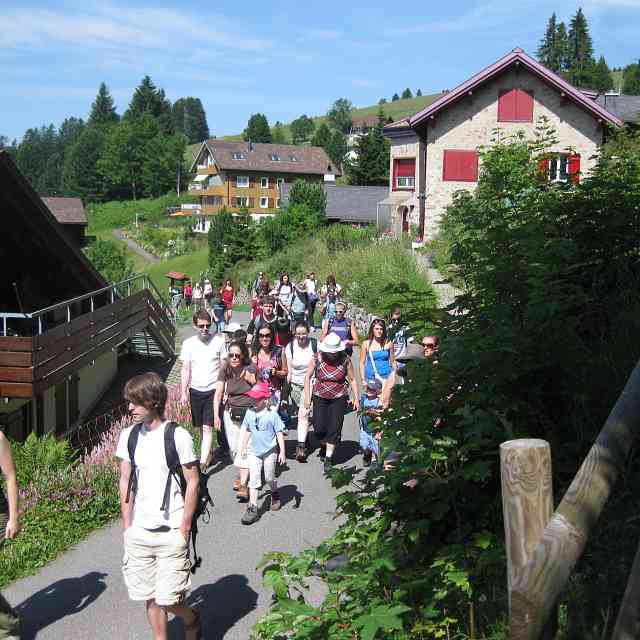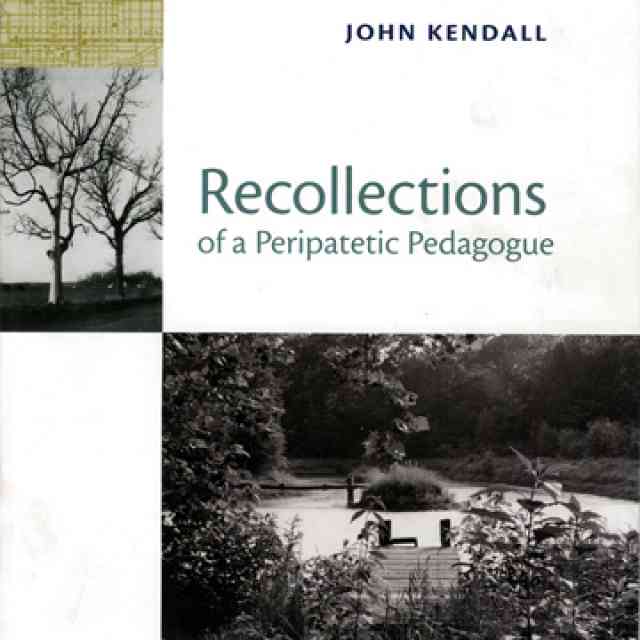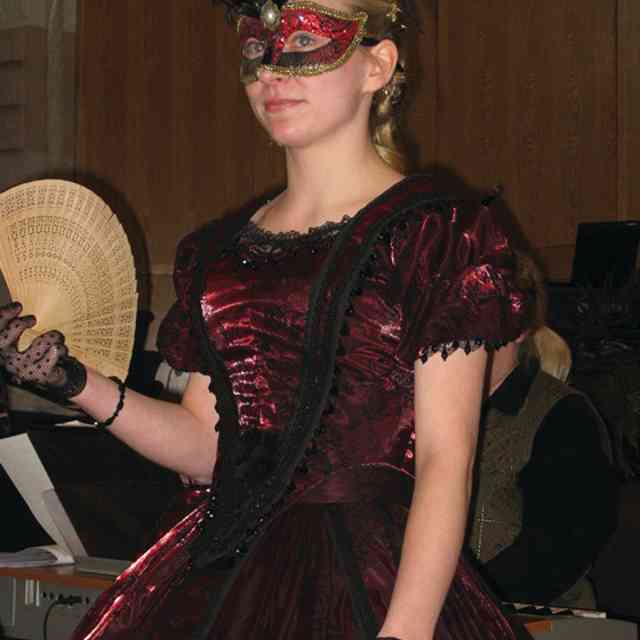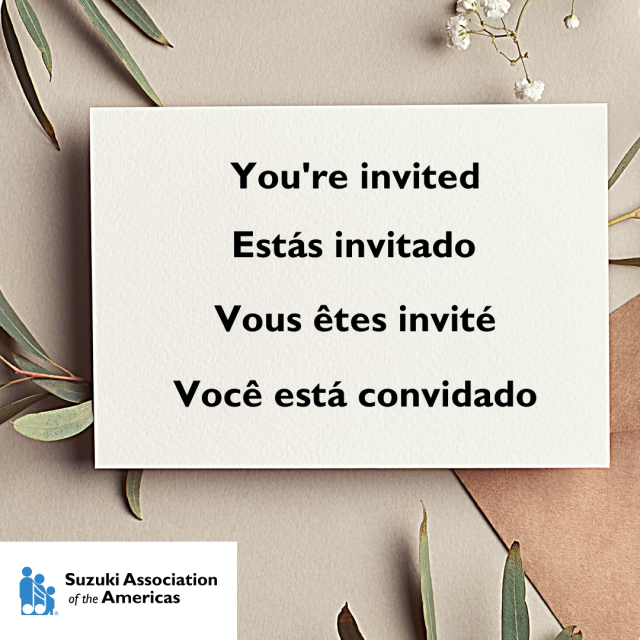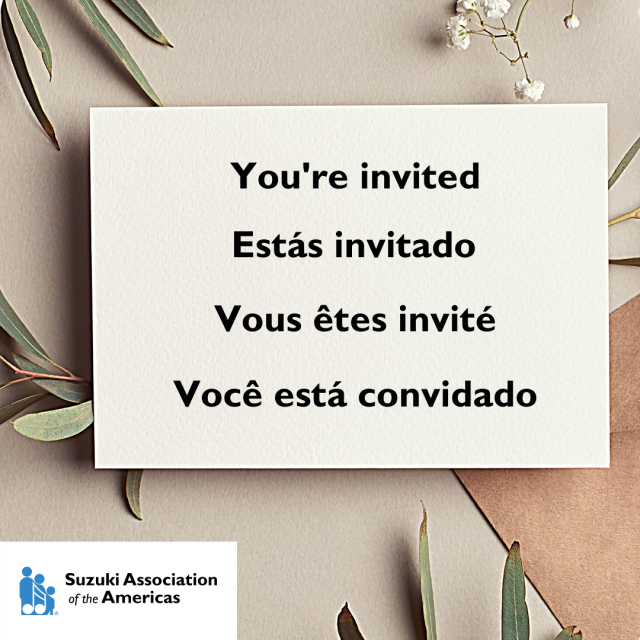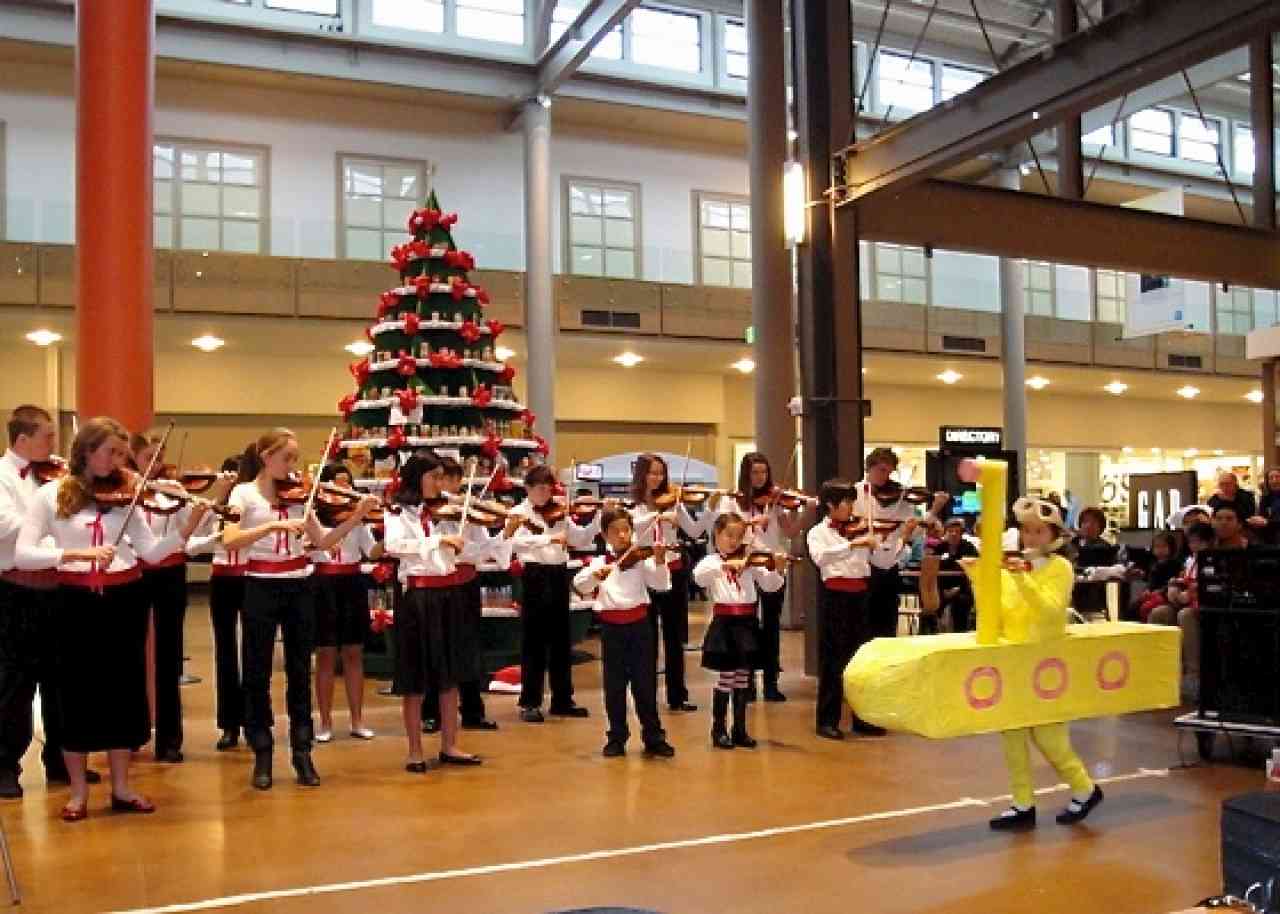
Students of Yoko Acheson at her annual holiday concert.
Parents of Suzuki students are familiar with the time frame for preparation that goes into a performance. It is the culmination of listening, private and group lessons, practicing, and more listening and practicing.
Such accomplishments must be celebrated and shared! Performances can go beyond showcasing accomplishments, though—they have the power to build communities.
Yoko Acheson, Suzuki violin teacher, creates opportunities for her students and their parents by coordinating annual concerts and events that incorporate playing, singing, dancing, costumes, skits, acting, and more. Each student is given an audio CD of their own part, along with accompaniment. A six month preparation time is common. The policy is that “whatever you can play, you will play during the event.” The younger children may read alphabet letters when Yoko sees that they are ready to play and read simultaneously.
Attending one of Yoko’s holiday concerts is always sure to be a surprise for the audience and wonderful for everyone. You will find her students wearing white tops, black bottoms, red bows or ties, and, perhaps, Star Wars masks or beards and costumes. Each year, there is a theme in addition to the traditional holiday fare of Christmas carols and Chanukah songs, besides several Suzuki pieces. Students may play music from Fiddler On The Roof, The Wizard of Oz, The Sound of Music, and Disney movies, or Beatles songs. Parents are inevitably pulled into the excitement. They wholeheartedly volunteer themselves to narrate, sing, dress in costume, pass out jingle bells, hold up cue cards, position students, or design and make a yellow submarine. They may sing SATB during the events. For The Wizard of Oz, a parent wrote a script for each scenario which was read by the parents, each character taking turns with the narrator. The full script was condensed by a parent to about 30 minutes, including the music performance. Many of the performances are offered at Malls of Northern California, and have been given for the last 14 years.
Yoko Acheson arranges all the music so that the second violin part does not always play harmony. Her harmony parts are very exceptional and pleasant for listeners. The audience can feel very emotional and joyful. In addition to the holiday concerts, these are some past years’ events at which students performed: sing-along Christmas carols, the National Anthem at a minor league baseball game, Fiddle Fest (students took turn playing as family members and other students danced with a professional calling the steps), a chili cook off where students played fiddle tunes, singing folk songs with residents at a Japanese retirement home, Cherry Blossom Festival in San Francisco, Vintage Festival parade in the town of Sonoma, and students’ Can-Can Dance, with their own choreography.
What are some benefits?
- Participants gain a sense of the history of music and its role in culture and society.
- Participants achieve practical skills in developing connections with the community.
- More advanced students benefit by developing note reading skills when they are ready.
- The children, parents, and other teachers gain support from within and from the environment in the form of personal and community generated enthusiasm and motivation.
- Students experience other kinds of music and venues, not just in the recital room, concerts in the home, or Graduation Hall.
- Students gain confidence and joy from their accomplishments and performances.
- The community learns that the Suzuki Method, Philosophy and Educational Principles can contribute to the quality of life for all. Music and the arts can enable everyone to learn to do their best in any field they choose as their career.
When I was a teacher trainee in Matsumoto, Japan, I discovered that Dr. Suzuki made it possible for many of his students to perform on the radio. The importance of sharing music with the community became clearer to me. As a symphony and chamber musician, I appreciated the communities where I performed; however, Dr. Suzuki’s practice of inviting students to perform on the radio was a valuable new concept. Yoko Acheson’s dedication to offering her students and Suzuki parents the opportunities to perform in informal community venues is inspiring as well.

